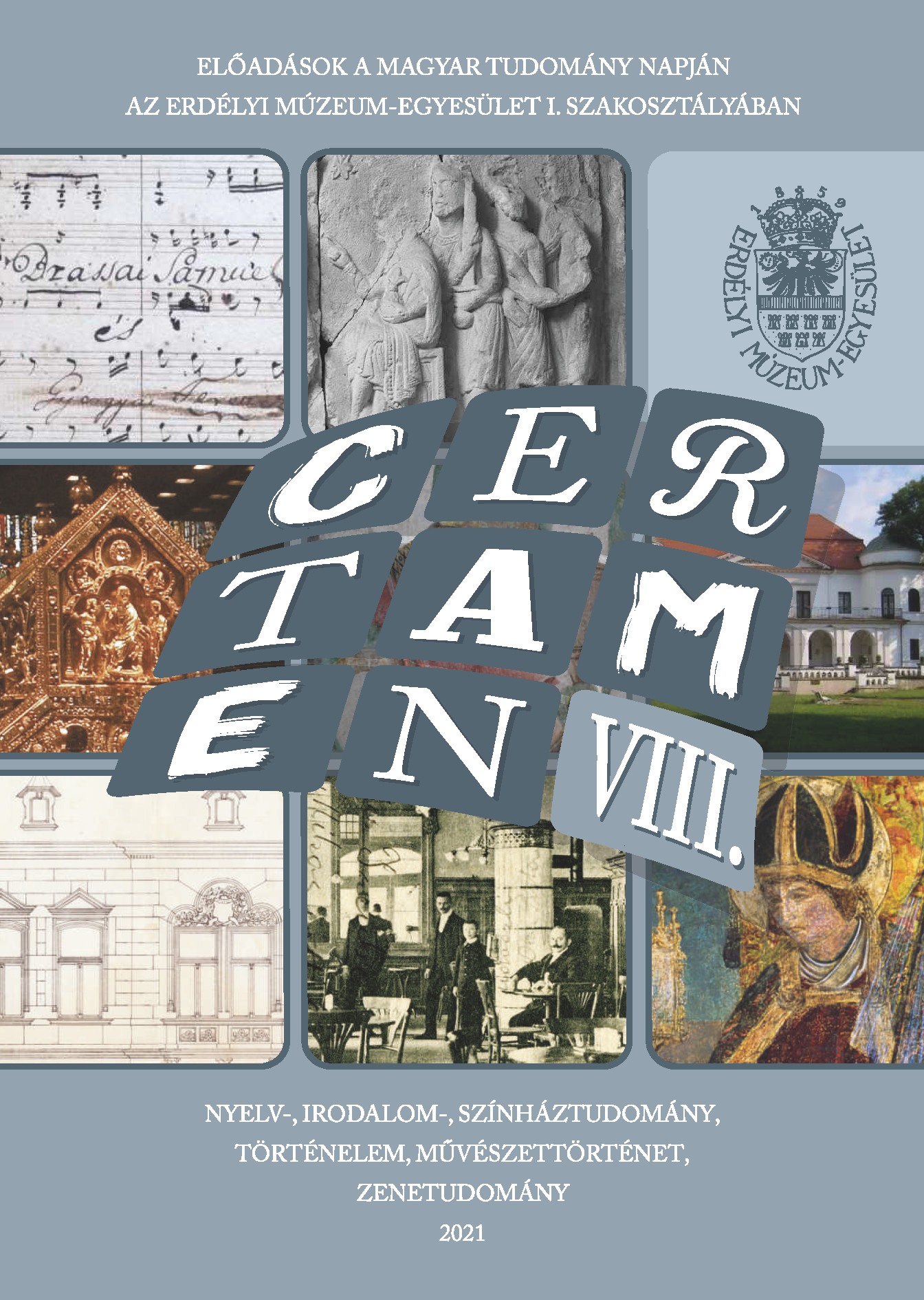Koncertpedagógia – a zenei élmény megteremtésének lehetősége
Concert Pedagogy – the Opportunity to Create a Musical Experience
Author(s): Judit VáradiSubject(s): Music, Pedagogy
Published by: Erdélyi Múzeum-Egyesület
Keywords: concert pedagogy; listening to music; youth concert; concert attendance;
Summary/Abstract: In recent decades, artistic events within and outside traditional curricular education have played an increasing role in educating children, shaping their taste, and developing a favourable attitude towards culture. Extracurricular education is a multifaceted concept, with diverging interpretations of different sources in the literature. The task of concert pedagogy is to complement public education and curricula with live music events. In Hungary, the content of concert pedagogy is not prescribed by the National Core Curriculum, nor is there a detailed methodology to it. The aim of concert pedagogy is for children to develop a sense of art by experiencing it. The competencies to be developed, as specified in the curriculum, are not directly related to the concert visit, but the complexity of the concert experience may contribute to their improvement. With support from the Research Institute of Art Theory and Methodology of the Hungarian Academy of Arts, the Music Pedagogy Research Group of the Doctoral School of Humanities at the University of Debrecen launched a research project in November 2018 to examine primary school pupils’ curricular and extracurricular compulsory artistic activities and attendance at artistic events in the three counties of the Northern Great Plain region across five dimensions. As to the frequency of concert attendance, the findings reveal that less than half (42%) of the children in the sample have been to a concert. An analysis of the DEXARTA database shows that concert visits are significantly influenced by the type of the settlement, the location of the county, as well as the provider and type of school. As regards the people who take children to concerts, the findings indicate that the school and teachers have a decisive role in cultural education, as 70% of the pupils have gone, together with their classmates, to a concert organised by the school. The successful artistic sensitisation of children is significantly affected by the circumstances and quality of the performance as well as by the fact whether the performed pieces are chosen in consideration of the listeners’ age. It involves prior experience and pedagogical impact to influence how children perceive the artistic experience and to enhance the extent to which they are able to absorb what they observe.
Journal: Certamen
- Issue Year: 2021
- Issue No: VIII
- Page Range: 447-462
- Page Count: 16
- Language: Hungarian

